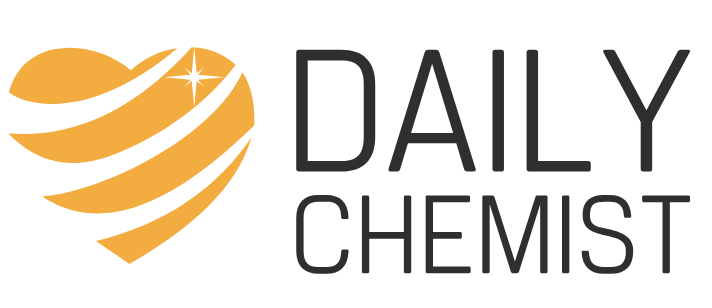Your doctor may prescribe you a treatment that is categorised as “off-label”. Why would this happen and what does it mean for you? Find out all about it here.
How is medication licensed?
For a pharmaceutical company to bring a new drug to market, they must commit significant resources, both in terms of financial expenditure and human effort, to secure its approval for public use. The process involves rigorous testing of the drug’s chemical ingredients to ascertain their effectiveness and safety.
This verification typically occurs during large-scale clinical trials, where the new drug is administered to patients and its effects compared to a control group receiving placebo treatments. Often, a third group is given a similar, already licensed drug if one is available. These trials aim to determine the actual efficacy of the drug in treating the specific ailments, assess patient tolerance to the compound, and uncover any unforeseen or potentially harmful side effects.
Once the trials demonstrate that the drug is appropriate and effective for treating a specific illness, it can receive licensing for public use either by the Medicines and Healthcare Products Regulatory Agency (MHRA) in the UK, or the European Medicines Agency (EMA) for the British and/or European markets.
The issued license contains specific restrictions, such as who is permitted to produce the drug and what ailments it is designed to treat. It also clarifies which patient groups are appropriate for the drug, the storage requirements of the medicine, and what side effects or interactions can be anticipated.
The public can access all of the licensing details, and this information is also included in the patient information sheet.
What does unlicensed or off-label use mean?
An unlicensed medication is a drug that hasn’t received approval for use by a regulatory health authority. Therefore, under normal circumstances, doctors won’t prescribe such a drug, except in distinct situations like when the medication is undergoing clinical trials.
Frequently, medicines approved for a specific purpose may also exert additional effects on the human body. Some of these ancillary effects could be beneficial and are considered when prescribing the medication, such as the alleviation of menstrual pain by most contraceptive pills.
However, there are instances where a drug might be intentionally prescribed for a condition for which it isn’t approved. This could occur when standard first-line treatments aren’t suitable for a specific patient, perhaps due to the patient’s existing health conditions that make the treatment hazardous or due to potential interactions with other medications the patient is already using.
This approach is referred to as off-label prescribing, as the medication is used for a purpose outside its licensed indications. Still, your doctor will only consider off-label prescribing if the medication is expected to be as effective as approved treatments for the same condition or when other treatments aren’t an option. The benefits of using an off-label medication should outweigh any possible risks.
Is off-label use illegal?
No, prescribed medications are lawful and licensed. As long as health and safety regulations and ethical standards are adhered to, off-label use is a valid method for healthcare providers to maximize the potential of available drugs.Off-label use simply indicates that the medicine has not received formal endorsement from the respective government bodies for the treatment of a particular ailment. This, however, does not imply that the drug is unsuitable. On the contrary, the medication might already hold a valid license in other countries and could have ample evidence substantiating its efficacy and safety in treating the condition.
When am I allowed to use a medication off-label?
To obtain prescription medications for off-label use, a legitimate prescription from your doctor is still required. Your doctor must notify you that the drug is not licensed for your specific ailment and is being recommended for off-label usage. In addition, it is your doctor’s responsibility to advise you of any potential hazards or side effects that may come with the treatment.

